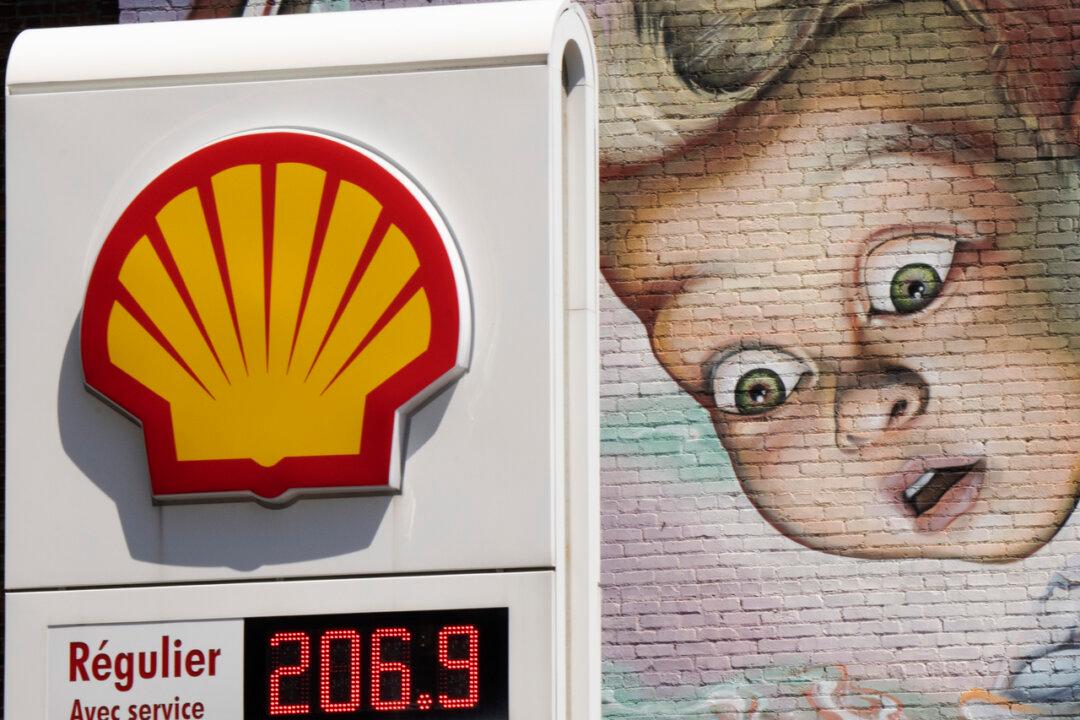With rampant inflation and high fuel prices, the party with policies closest to addressing the realities of rising affordability issues will triumph in the upcoming Ontario election, says president of Canadians for Affordable Energy Dan McTeague.
McTeague, a former Liberal MP, said pocketbook issues have become “extraordinarily important” and “extraordinarily pressing” for all levels of government as higher interest rates for homes, higher fuel costs, and higher food costs increasingly provide a “general sense of malaise that we’re into an inflationary spiral the likes of which this generation has never experienced.”





